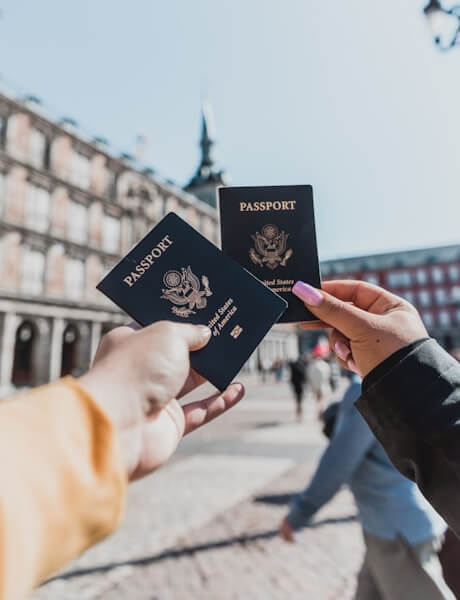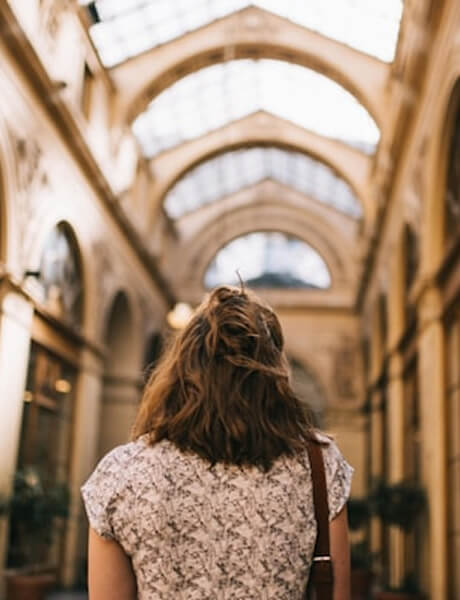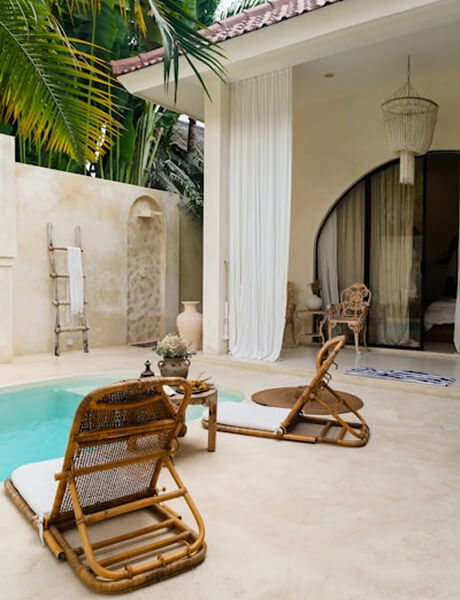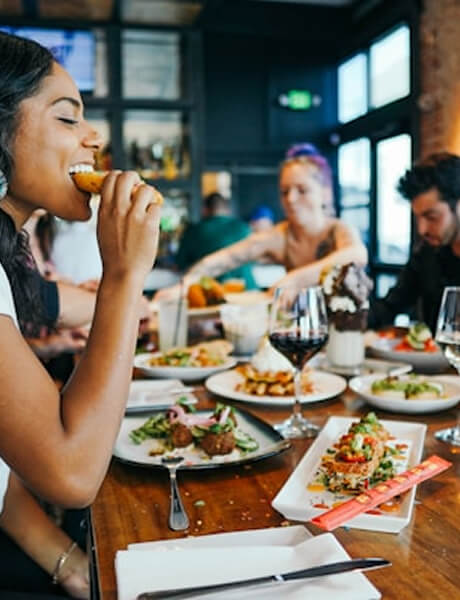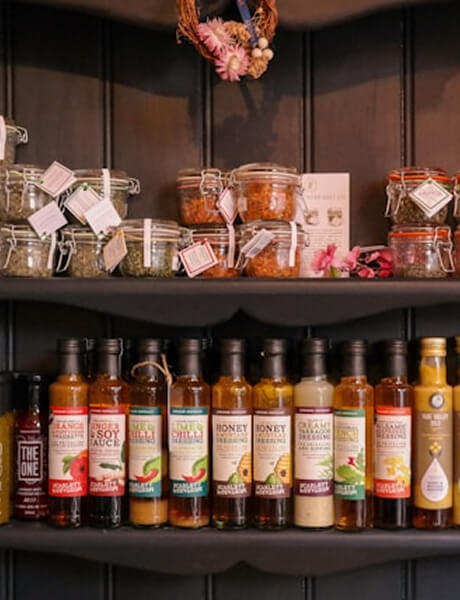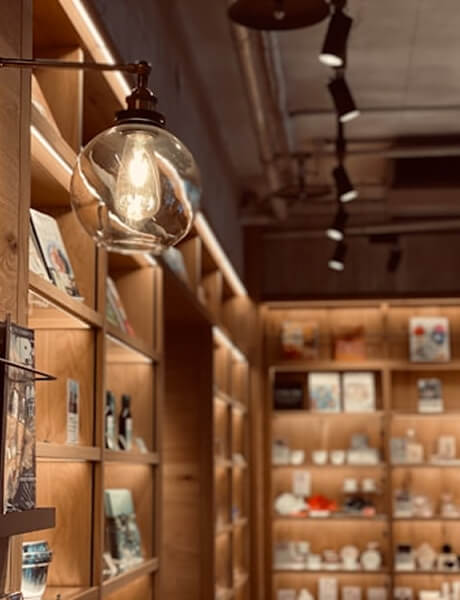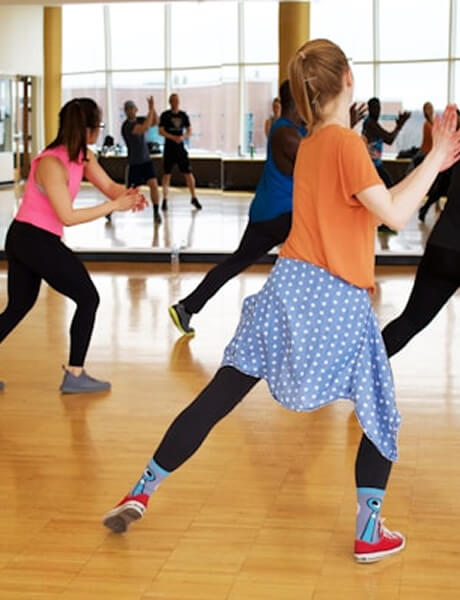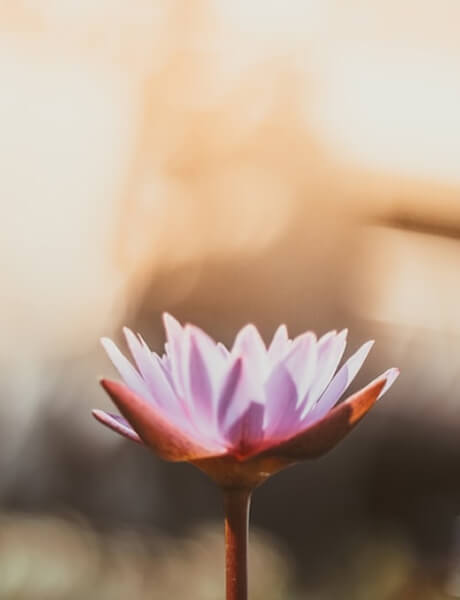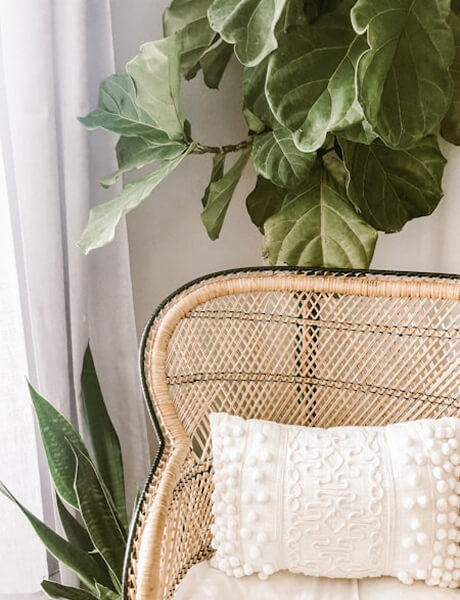
Travel guide Algarve
The best time to go en Algarve
Practical information for travel en Algarve
Get your travel guide: ALGARVE

What to see what to do en Algarve?
Where to go en Algarve?
The most beautiful tourist sites
Other en Algarve destinations
Villes
- Faro
- Lagos
- Cacela Velha
- Portimão
- Ferragudo
- Parc Naturel De La Ria Formosa
- Albufeira
- Vilamoura
- Tavira
- Monchique
- Silves
- Ilha Da Culatra
- Odeceixe
- Ilha Da Armona
- Quarteira
- Carrapateira
- Alte
- Santa Luzia
- Carvoeiro
- Aldeia Da Pedralva
- Praia Da Rocha
- Aljezur
- Vila Real De Santo Antonio
- Alcoutim
- Sagres
- Olhão
- Guia
- Castro Marim
- Vila Do Bispo
- Salema
Petit Futé's best addresses en Algarve
Discover the most beautiful addresses selected by the authors of Petit Futé.
Featured articles d'Algarve

Portugal's 15 most beautiful villages in 2025
Published on 22/05/2025 Activities and experiences
From Porto to Lisbon to the Algarve, Portugal is a destination with no shortage of charm. However, beyond its bustling cities and sun-drenched coastlines, the country is home to some little-known...

Where to go for a cheap weekend break in Europe? Top 15 destinations
Published on 30/12/2024 Ideas for holidays & weekend
Europe offers a multitude of possibilities when it comes to a weekend getaway and a well-deserved city break. But which destinations are ideal for a getaway that won't break the budget? Here's a closer...

Where to go on road trip vacations? The best destinations
Published on 01/07/2024 Ideas for holidays & weekend
When it comes to planning your vacations, you can't miss the idea of a road trip, one of the major tourist trends of recent times. Whether by bike, motorcycle, car, van or camper van, staying in a...
How to travel en Algarve
How to go alone
To get to Faro, capital of the Algarve, you can choose to fly. Fares vary enormously depending on the city of departure, the period and the time of anticipation of booking the ticket. In high season, a low-cost return flight from France, for example, costs around €200, compared to €80 in low season. To get good rates, it is essential to book well in advance. You can also travel to the Algarve with your own vehicle.
How to go on a tour
There are many tour operators and specialists in the region who are ready to prepare a tailor-made trip, an organized tour, a family vacation or an all-inclusive stay in the Algarve, its cities and its hinterland. A well-known destination for tourism professionals, you will find many offers on the market. All you have to do is choose the one that suits you best!
How to get around
If you do not have a personal vehicle or a rental vehicle, allowing considerable range of movement, you can still travel easily in the Algarve: public transport works very well in southern Portugal. Cheap trains and buses sweep the coast. The seaway, in addition to being pleasant, is a possible option, while in the city, taxis are very numerous and relatively cheap.
Book your next trip with Kayak
Travel en Algarve
Ideas for holidays and week-end breaks en Algarve
The Algarve is Portugal's leading tourist destination because of its privileged climate, beaches and lively towns, but it also offers other alternatives that are not well known to travellers, such as itineraries in natural areas, linking small fishing villages or serra villages that have managed to preserve their authenticity. Between land, sea and emotions, the Algarve already makes you want to come back. Not only for the landscapes but also for the experiences. For those in search of beaches, the coastline unfolds as far as the eye can see with romantic coves and long golden stripes. For a gastronomic stay, between seafood, wines and rural tables, one fills one's journey with tasty pleasures. A stay focused on heritage and culture gives us the impression of being part of a rich and fascinating universal historical heritage
Services
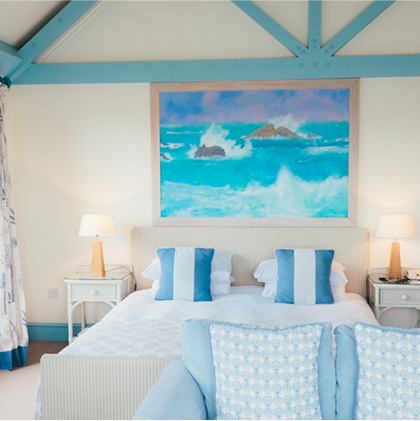
Find a hotel with Booking.com

Rent a car with Bsp-auto
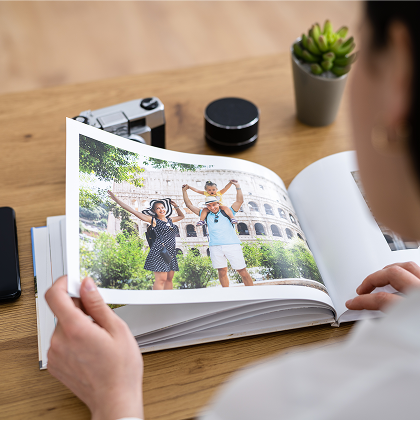
Create a blog and travel journal
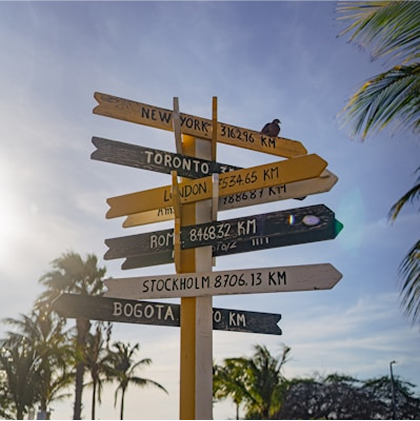
Find an agency with Quotatrip
Find unique holiday offers with our partners
Discover l'Algarve
The Algarve, whose name derives from the Arabic expression al-gharb al-Andalus (west of Andalusia), is a region cradled by the sea. That's why European tourists flock here for festive, no-holds-barred vacations. The result is skyrocketing prices and overcrowding. But if you get off the tourist trail, you can still discover charming villages, fabulous beaches lined with rocks sculpted by erosion, and forgotten coves. Nature reserves preserve a diversity of flora and fauna; this is where birds migrate. The Via Algarviana and the Rota Vicentina will delight hikers and cyclists alike. The Algarve is also a green and fertile land, beautifully colored by semi-tropical vegetation, orchards, orange groves, fig and almond fields. It has long been under the Moorish influence, which can still be seen in its gastronomy, craftsmanship and architecture.
The 12 keywords en Algarve

Arbustus unedo
Arbouse, a small red or orange berry native to the Mediterranean region, is mainly used to make jams and is also used to make a rustic but subtle brandy, the famous medronho. This is the famous spirit that the owners of the old cafés used to take out from under the counter.
Cataplana
The precursor of the modern pressure cooker, the cataplana is a traditional vessel from the Algarve, and is also the name of the dish cooked. Its steam cooking gives this dish preserved, incomparable flavors. Don't leave the region without trying the ubiquitous "cataplana de mariscos" (seafood).
Fireplaces
A pure product of five centuries of Moorish occupation, the picturesque whitewashed chaminé algarvia will not escape the discerning eye. Prismatic or cylindrical, simply grooved or delicately serrated, they are an integral part of the region's architectural heritage. Photograph them before they disappear.
Diminutives
Cantinho, lulinha, Joaozinho... all have a common suffix that's used and abused in all everyday situations. A mark of littleness or a sign of affection most of the time, don't let yourself be impressed by this recurrent language effect and get into the dance by answering obrigadinho when you're served a cafezinho.

Fado
Nostalgic Fado is Portugal's unmistakable musical style. Whether you like it or not, you have to admit that this music often provokes a melancholy state in those who let themselves be lulled by its gentle notes. After all, it's all about expressing saudade, or the emotion of a certain sadness or feelings linked to love or exile.
Henry the Navigator
In the early 15th century, he transformed Lisbon into one of the world's capitals, and launched the great discoveries. Henry the Navigator was the true initiator of the Portuguese colonial empire, and his life is deeply linked to the Algarve. Indeed, thanks to his vision, Sagres was to become one of the world's leading scientific centers.
Real estate
Real estate in the Algarve is flourishing. Platforms for investors, advantageous tax regime for senior citizens, specialised agencies, professionals in the sector have a very wide visibility. It must be said that the conditions are there to plan a peaceful retirement or a holiday in this kind of Côte d'Azur.
Mercado
A visit to one of the Algarve's markets - whether municipal, weekly, antique or fish - is an excellent way to immerse yourself in the local culture in complete discretion. Some of them have their own unique architecture, making them well worth a visit in their own right, such as Loulé, a stunning neo-Moorish red-brick edifice.
Moors
The influence of the Moors coming from North Africa strongly impregnated the region after five centuries of occupation. It is impossible to escape the history, the remains and the heritage of this Muslim culture rooted in the Algarve, which can be felt even in the language. A heritage that is readily celebrated at festivals.

Pastries
With their strong personalities, the Algarve's little sweets are to be savored without complexes, if you want to get to the heart of the people. Top of the list are the colorful morgadinhos, not forgetting the Dom Rodrigo, sold in metallic paper like a gift, made from threads of egg yolk and sugar, to be enjoyed with a bica (strong black coffee).

Sardine
The king of fish at both national and regional level, the sardine is ubiquitous and is the guest of honor on every Sunday barbecue. Grilling them is an art in itself, to be taken seriously, and the Portuguese are masters of the art. Don't hesitate to follow the scent of grilled sardines in the small restaurants near the ports.
Thermalism
Fluoride-rich or bicarbonate waters are ideal for treating respiratory ailments, but not only that. The benefits of thermalism are immense, and the region boasts a number of resorts conducive to this unrivalled sense of well-being, such as Caldas. Another Algarve with a serene environment where the sea is always close by.
You are from here, if...
You eat grilled sardines between two slices of bread, even if it means dripping.
You accompany your aperitifs with tremoços or lupine seeds.
You call everyone by their first name, never their last.
You prefer village parties to coastal discos.
You have an object, a jersey, a cap or a flag in the colors of Portugal, ready to display in the event of victory or national celebration.
You're invited to a family lunch and at 5pm... you're still at the table.
You keep your hands in your pockets as you chat casually with your host.
You can't help but talk loud and clear. As the Portuguese are great talkers, you'll rarely see two people side by side in a restaurant or on the street, keeping silent.








